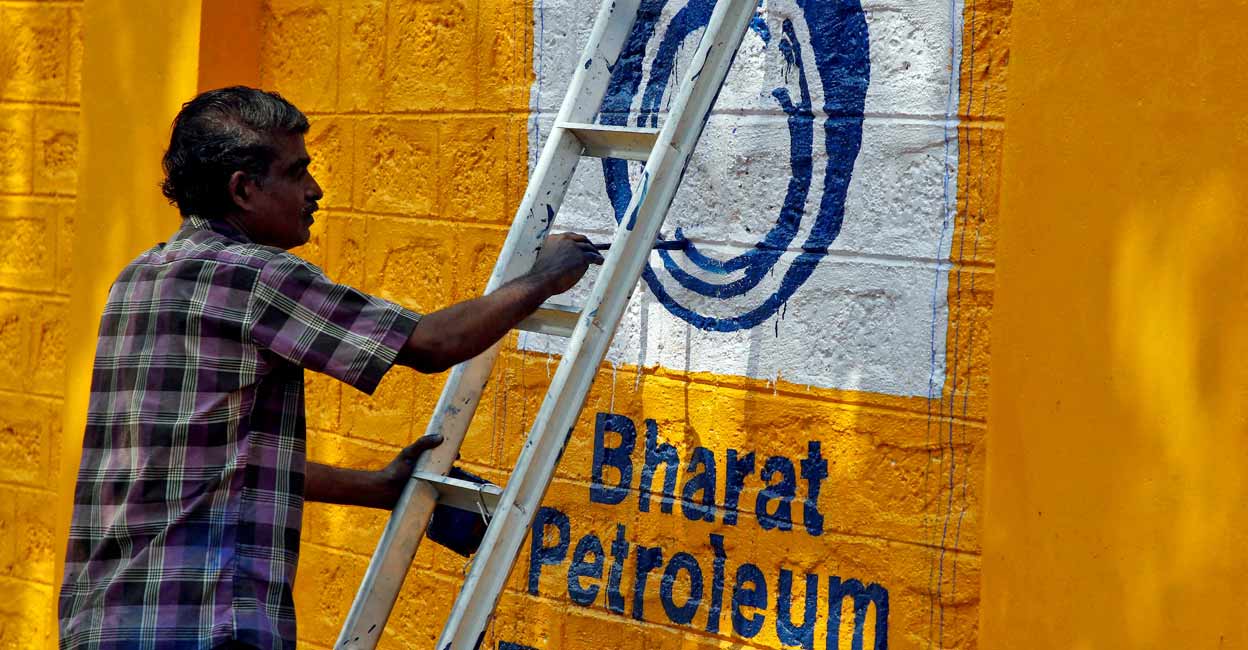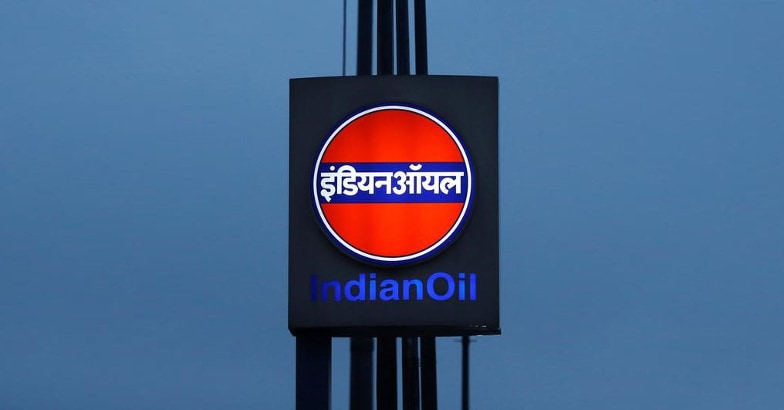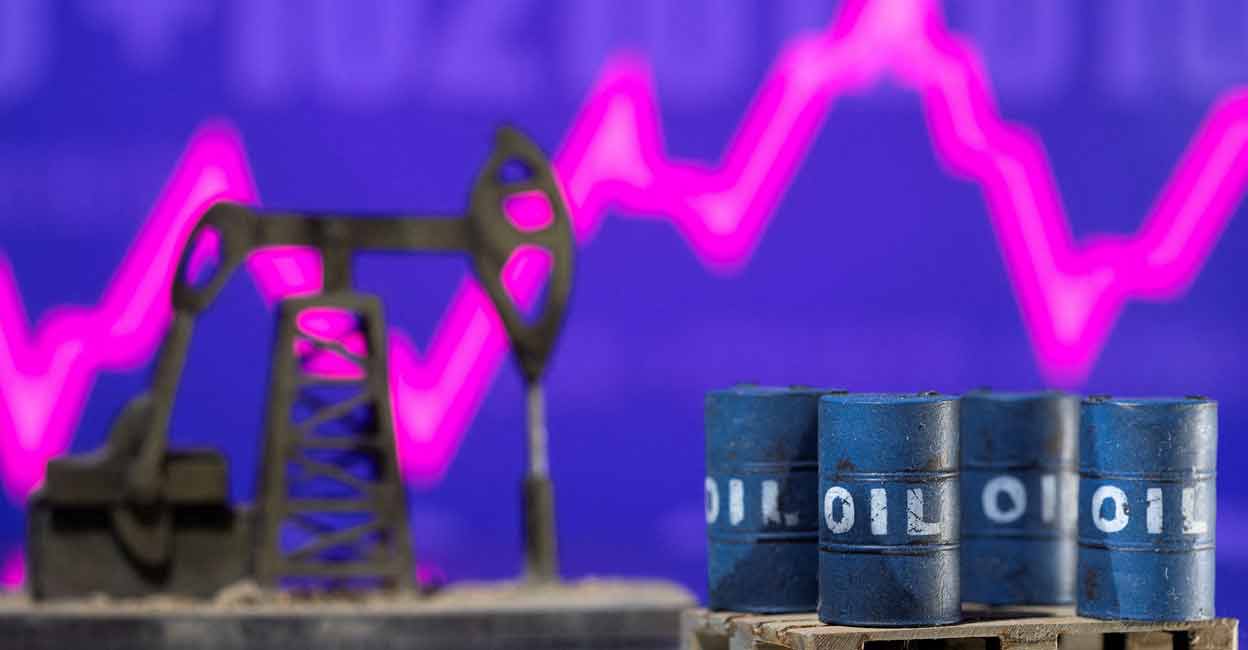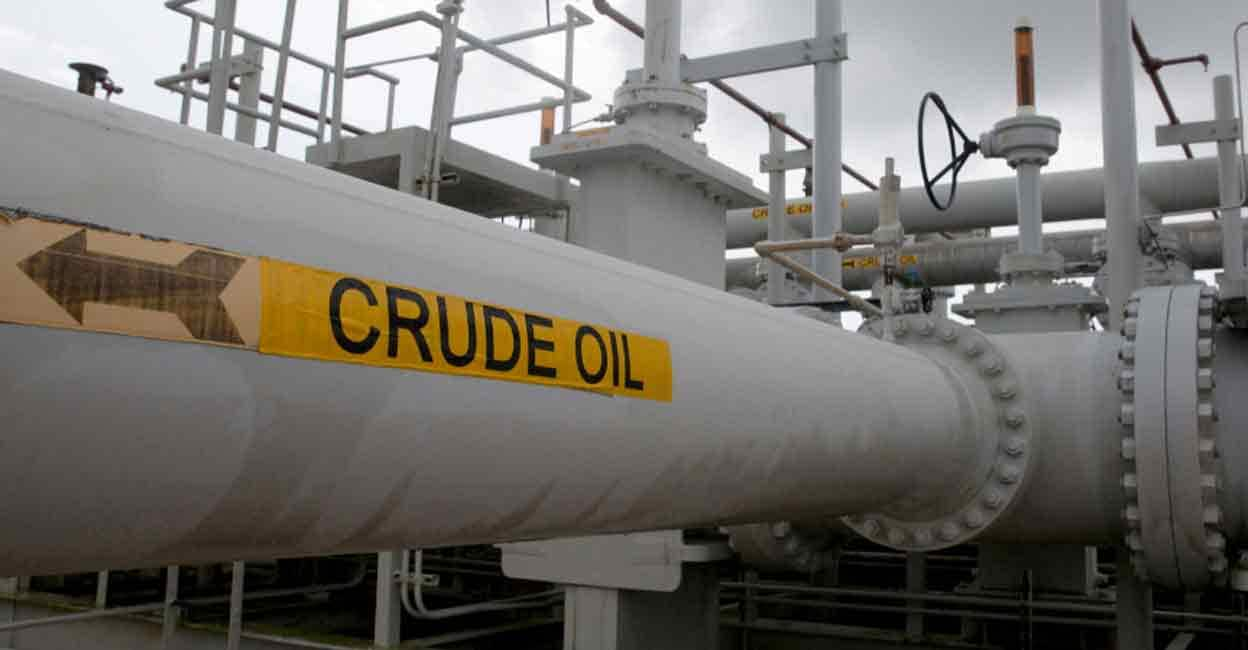Explained | India books 16 mn barrels of Russian crude after Ukraine invasion. Who all have stopped?

Mail This Article
Australia, Britain, Canada and the United States have imposed outright bans on Russian oil purchases following Moscow's invasion of Ukraine, but 27 members of the European Union have been unable to agree on the embargo.
Germany, the EU's largest economy and its biggest oil market, aims to halve its dependence on Russian oil by the summer and entirely end it by the close of this year.
Many buyers in Europe, however, have stopped buying Russian crude on the spot market voluntarily to avoid reputational damage, promising to halt purchases completely when earlir signed long-term contracts expire.
Major global trading houses are planning to reduce crude and fuel purchases from Russia's state-controlled oil companies as early as May 15, sources told Reuters.
In response, Russia has threatened to redirect its energy exports from the West to friendly countries, while also boosting domestic consumption.
China and India, which have refused to condemn Russia's actions, continue to buy Russian crude.
India, the world's third largest oil importer, has booked at least 16 million barrels of Russian oil since the Feb. 24 invasion, almost as much as it bought in all of 2021, Reuters calculations show.
Below are current and former buyers of Russian crude (in alphabetical order):
CURRENT BUYERS
BHARAT PETROLEUM
Indian state-run refiner Bharat Petroleum Corp Ltd has bought 2 million barrels of Russian Urals for May loading from trader Trafigura, two people familiar with the purchase said. The company regularly buys Russian Urals for its 310,000 barrels per day (bpd) Kochi refinery in southern India.

HELLENIC PETROLEUM
Greece's biggest oil refiner relies on Russian crude for about 15% of its intake. The company earlier this month secured additional supplies from Saudi Arabia.
HINDUSTAN PETROLEUM
India's state refiner bought 2 million barrels of Russian Urals for May loading, according to trading sources last week.
INDIAN OIL CORP
India's top refiner has bought 6 million barrels of Urals since Feb. 24, and has a suppply contract with Rosneft for up to 15 million barrels of Russian crude in 2022.
The refiner, which also buys crude on behalf of its Chennai Petroleum subsidiary, however, has excluded several high-sulphur crude grades, including Urals, from its latest tender, according to trading sources.

ISAB
Italy's largest refinery, owned by Lukoil-controlled Swiss-based Litasco SA, processes Russian and non-Russian crudes.
LEUNA
The land-locked Leuna refinery in eastern Germany, majority-owned by TotalEnergies, is also fed Russian crude by the Druzhba pipeline.
MANGALORE REFINERY AND PETROCHEMICALS
State-run Indian refiner has bought 1 million barrels of Russian Urals crude for May loading via a tender from a European trader, a rare purchase driven by the discount offered.
MIRO
Russian crude continues to account for about 14% of the intake at Germany's largest refinery, Miro, which is 24% owned by Rosneft..
MOL
The Hungarian oil group, which operates three refineries in Croatia, Hungary and Slovakia, continues to buy Russian crude via Druzhba pipeline, as well as refined products, a company source told Reuters.
Hungary is opposed to sanctions on Russian oil and gas.
NAYARA ENERGY
Indian private refiner, part-owned by Rosneft, has purchased Russian oil after a gap of a year, buying about 1.8 million barrels of Urals from trader Trafigura.
NEFTOCHIM BURGAS
A Bulgarian refinery, owned by Russia's Lukoil, and with Russian crude accounting for about 60% of its intake, continues to refine Russian crude.
PCK SCHWEDT
Germany's PCK Schwedt refinery, 54% owned by Rosneft, receives crude oil via the Druzhba pipeline.

PERTAMINA
Indonesian state energy firm PT Pertamina is considering buying crude oil from Russia as it seeks oil for a newly revamped refinery.
PKN Orlen
Poland's largest refiner has stopped buying Russian crude on the spot market, switching to North Sea oil, but is still buying Urals under previously signed contracts which expire by the end of this year or later.
The company, which operates refineries in Lithuania, Poland and the Czech Republic, saw its profit from refining surge in March thanks to the discount it pays for Russian oil.
ROTTERDAM REFINERY
Exxon Mobil declined to comment on whether its Dutch refinery in Rotterdam was using Russian crude oil.
SINOPEC
China's state-run Sinopec, Asia's largest refiner, is continuing to purchase Russian crude under previously signed long-term contracts but is steering clear of new spot deals.
ZEELAND REFINERY
The Dutch refinery, 45% owned by Lukoil, declined to comment on whether it was using Russian crude oil.

FORMER BUYERS
BP
The British oil major, which is abandoning its stake in Rosneft, will not enter new deals with Russian entities for loading at Russian ports, unless "essential for ensuring security of supplies".
ENEOS
Japan's biggest refiner has stopped buying crude oil from Russia, while some cargoes signed under previous agreements will arrive in Japan until around April. The company plans to source alternative supplies from the Middle East.
ENI
The energy group, 30.3% owned by the Italian government, is suspending purchases of Russian oil.
No Russian crude will be used at Germany's Bayernoil refinery, in which Eni and Rosneft have stakes.
EQUINOR
Norway's majority state-owned energy firm has stopped trading Russian oil as it winds down its operations in the country.
GALP
The Portuguese oil and gas company has suspended all new purchases of petroleum products from Russia or Russian companies.
GLENCORE
The global mining and trading firm, which holds 0.57% stake in Rosneft, said it would continue to honour its obligations under previously signed contracts, but would "not enter into any new trading business in respect of Russian origin commodities unless directed by the relevant government authorities".
NESTE
The Finnish refiner has not bought Russian crude oil on the spot market since the start of the war and is not planning to sign new deals, when the existing long-term supply contract ends in July. From the start of April, the has replaced about 85% of the Russian crude oil with other crudes.
PREEM
Sweden's largest refiner, owned by Saudi billionaire Mohammed Hussein al-Amoudi, has "paused" new orders of Russian crude, which accounted for around 7% of its purchases, replacing them with North Sea barrels.
REPSOL
The Spanish company has stopped buying Russian crude oil in the spot market.
SHELL
The world's largest petroleum trader will stop buying Russian crude and phase out its involvement in all Russian hydrocarbons.
TOTALENERGIES
The French oil major will not sign new contracts, promising to stop buying Russian crude oil and petroleum products by the end of this year.
VARO ENERGY
The Swiss refiner, which owns 51.4% in Germany's Bayernoil refinery, said it did not plan to enter into new deals to buy Russian crude.

